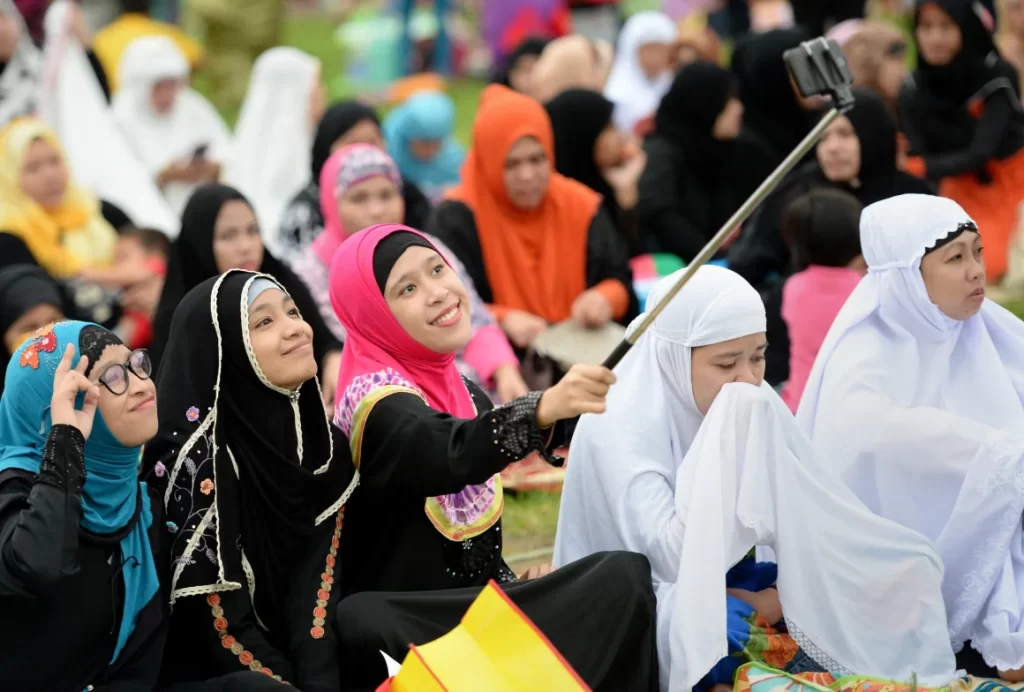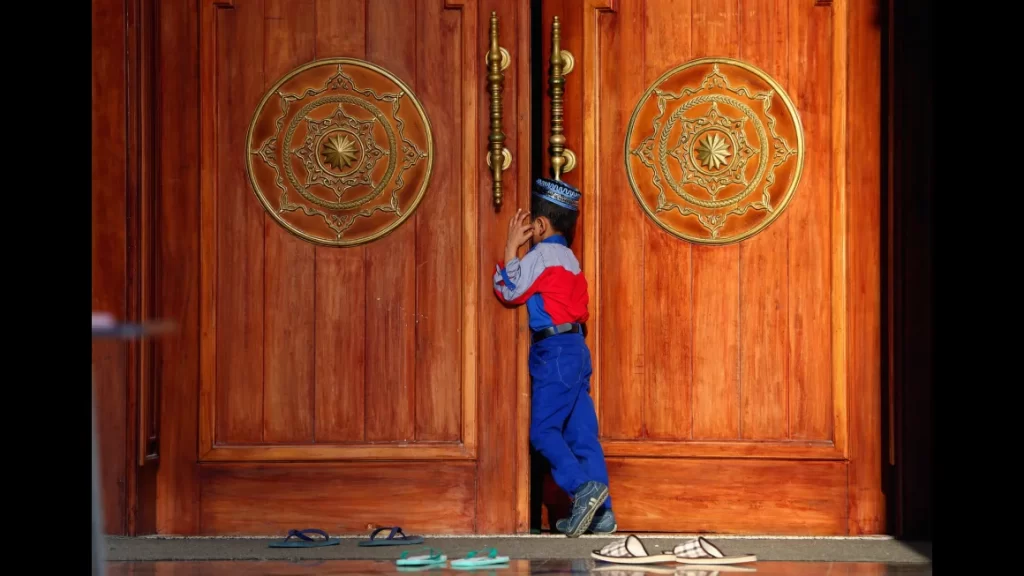News
Embracing Ramadan: A Compassionate Guide for Non-Muslim Friends and Colleagues
In a world teeming with diverse cultures and traditions, understanding and respecting various practices become paramount. Ramadan, the holiest month in the Muslim calendar, holds immense significance for over a quarter of the global population. As Muslims worldwide engage in fasting from sunrise to sunset during this sacred period, it becomes imperative for non-Muslims to approach this time with sensitivity and empathy. This article serves as an extensive guide, offering insights to help navigate Ramadan thoughtfully, fostering inclusivity and cultural understanding.
In a world filled with diverse cultures and traditions, it’s essential to foster understanding and respect for various practices. One such significant observance is Ramadan, the holiest month in the Muslim calendar. As over a quarter of the world’s population engages in fasting from sunrise to sunset during this sacred period, it’s crucial for non-Muslims to navigate this time with sensitivity and empathy. Whether you are in the United States or anywhere else globally, embracing these cultural differences can strengthen bonds and create a more inclusive environment. Here’s an extensive guide with additional insights to help you navigate Ramadan thoughtfully.Let’s find out with nowglas.

1. Eat Mindfully, Continue Business as Usual During the 30 days of Ramadan, Muslims around the world abstain from eating and drinking during daylight hours. It’s important to note that non-Muslims need not alter their regular routines. You can carry on with your daily business activities, including eating in front of your fasting friends or colleagues. Be understanding of their commitment and focus on your usual tasks.
2. Be Considerate with Work Events While you can maintain your usual eating habits, consider being mindful of scheduling work-related events during daylight hours. Hosting a work lunch or happy-hour mixer is acceptable, but be understanding if Muslim colleagues choose not to participate. Creating a supportive and inclusive environment means acknowledging and respecting their decision to abstain during this sacred month.
3. Fasting Is a Personal Choice Non-Muslims should know that there’s no expectation for them to fast during Ramadan. While some may choose to experience it temporarily, there’s no pressure for participation. Muslims understand that fasting is a personal and spiritual choice, and non-Muslims are not judged based on their decision to fast or not.
4. Join in the Spirit of Iftar Iftar, the evening meal that breaks the daily fast, is a significant and communal aspect of Ramadan. If invited, consider joining your Muslim friends or colleagues for Iftar. It’s an opportunity to share in the spirit of Ramadan, partake in delicious traditional meals, and strengthen your connections.

5. Awareness of Ramadan’s Variable Start Date Unlike fixed-date holidays, such as Christmas, Ramadan’s start date varies each year. Governed by the lunar Islamic calendar, it begins with the sighting of the new moon. While non-Muslims don’t need to memorize specific dates, being aware of this variability demonstrates cultural sensitivity.
6. Flexibility in Workplace Accommodations Determining the start of Ramadan relies on the physical sighting of the moon, a practice that might require schedule adjustments. If a Muslim co-worker requests flexibility in their work hours during this time, accommodating their needs fosters a more inclusive and supportive workplace culture.

7. Shared Moments Beyond Food While Muslims cannot consume food or drink during daylight hours, they can still engage in social activities. Consider suggesting alternative activities during breaks, such as taking a stroll or finding a peaceful spot. Shared moments can strengthen connections beyond food-related interactions.
8. Understanding the Distance Fasting for an entire day may lead to halitosis or bad breath. Non-Muslims should understand that maintaining a slight distance during conversations is not personal but rather a consideration for their fasting friends’ comfort. It’s a temporary adjustment during this period of spiritual reflection.
9. Greetings and Well Wishes Extend your well wishes during Ramadan by using the greeting “Ramadan Mubarak,” which translates to “Happy Ramadan.” There is no controversy surrounding this greeting, and it conveys thoughtfulness and respect for the significance of the month.
10. Avoid Weight-Loss References Associating Ramadan with weight loss is a misconception. Ramadan is a time for self-discipline, spiritual reflection, and personal growth. Non-Muslims should refrain from making weight-related comments, as these may not align with the true essence of this sacred practice.

By embracing these ten tips and further insights, non-Muslims can navigate Ramadan with a deeper understanding and respect for this significant cultural observance. Building bridges of empathy and cultural awareness contributes to a more inclusive and harmonious community for all.
By adhering to the ten tips outlined in this guide, non-Muslims can gracefully navigate the intricacies of Ramadan. Embracing cultural differences is not merely an act of tolerance but a commitment to fostering empathy and understanding. Whether it’s sharing in the spirit of Iftar, respecting the variability of Ramadan’s start date, or simply extending well wishes, these gestures contribute to building bridges across diverse communities. As we strive for a more inclusive and harmonious world, navigating cultural observances like Ramadan with respect and awareness becomes a collective responsibility, creating a richer tapestry of understanding for all.
See more: AI Investor Duo Emerges as Major Backers of Pro-Biden Dark Money Group
